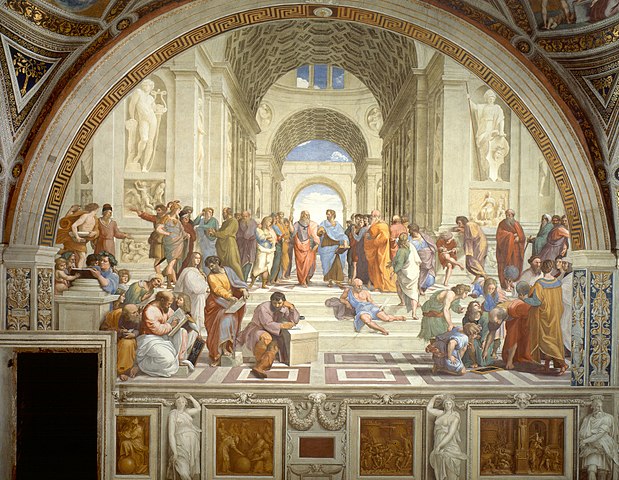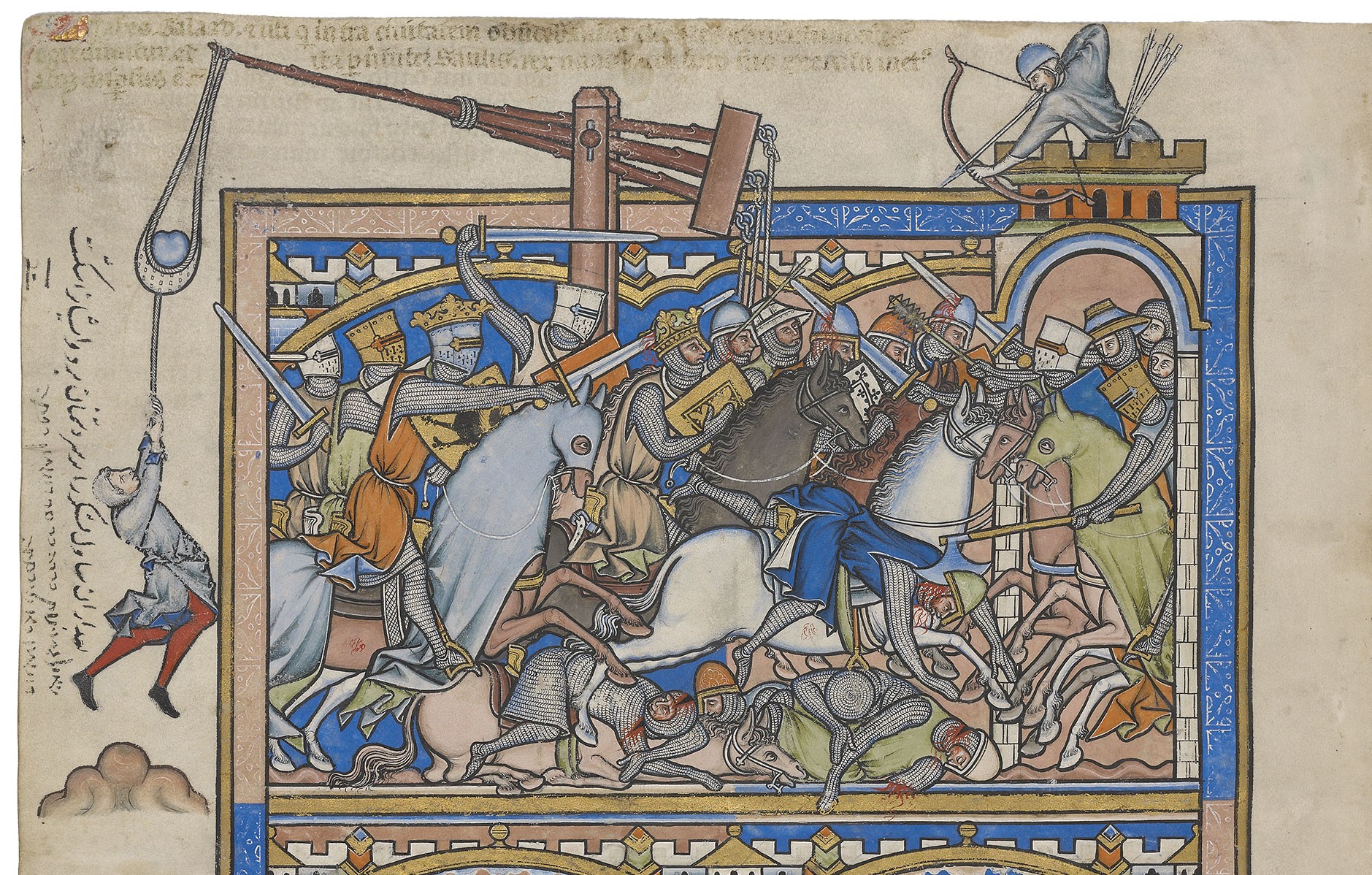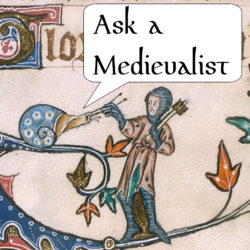Synopsis
Manichaeism: The number one major world religion you’ve never heard of. In order to understand it and its prophet, Mani, we need to understand Gnosticism, a complex and subtle philosophy regarded as a heresy by the Christians. The short version is, “[i]n the beginning the Universe was created. This has made a lot of people very angry and has been widely regarded as a bad move” (Douglas Adams). For the long version, you better listen to this episode.
References
(We get no kickbacks from links–they’re for information only.)
Bart Ehrman, Lost Christianities: The Battles for Scripture and the Faiths We Never Knew. https://www.amazon.com/Lost-Christianities-Battles-Scripture-Faiths/dp/0195182499/
Iain Gardner, The Founder of Manichaeism: Rethinking the Life of Mani. https://www.amazon.com/Founder-Manichaeism-Rethinking-Life-Mani/dp/1108499074
Bernard McGinn, The Foundations of Mysticism: Origins to the Fifth Century (The Presence of God: A History of Western Christian Mysticism, Vol. 1). https://www.amazon.com/Foundations-Mysticism-Origins-Presence-Christian/dp/0824514041
Kevin Madigan, Medieval Christianity: A New History. https://www.amazon.com/Medieval-Christianity-History-Kevin-Madigan/dp/0300216777/
Annotations
1/ See episode 7 note 10 and episode 26 note 9 for more on Hedwig.
2/ Lil Nas X includes a short excerpt from Symposium in Greek at the beginning of the video for MONTERO (Call Me by Your Name) (see around 1:11 in). If you’re wondering–yes, Em absolutely did text Jesse to ask what it said when she watched the video for the first time.
Here’s a nice breakdown of the references in the video (including a shout out to Hedwig): https://time.com/5951024/lil-nas-x-montero-video-symbolism-explained/
3/ Plato and Aristotle were both very influential during this time period, but I believe Aristotle was more influential in the Muslim world, while Plato was more influential in the Christian one. The podcast The History of Philosophy Without Any Gaps has touched on this a bit.
If you’re really interested in the forms and Plato’s various other ideas, a good place to start is the Stanford Encyclopedia of Philosophy entry on him here.
4/ This is The School of Athens by Raphael:

This is not a pipe:

(The Treachery of Images, by Rene Magritte)
5/ Gnosis means knowledge. This is relatively unrelated to what Gnostics believe, which is…a lot of stuff. Primarily, because of evil, the material world exists, and thus the material world was created as an error. The “real” real world is the spiritual world.
6/ Nag Hammadi: https://en.wikipedia.org/wiki/Nag_Hammadi_library
7/ For more on mysticism and asceticism, check out episodes 5 and 6.
8/ The Bible Code. Not a novel, just one of the dumber ideas of our time. The author, among other things, suggests that the code he finds in the Torah was put there by extraterrestrials (who also created DNA), and that there is a steel obelisk buried near the Dead Sea that might have more info.
I love a good obelisk, but I will believe this when I see it.
9/ Docetism: https://en.wikipedia.org/wiki/Docetism
10/ Origen of Alexandria (c.184–c. 253): https://en.wikipedia.org/wiki/Origen
11/ Augustine of Hippo (354–430): https://en.wikipedia.org/wiki/Augustine_of_Hippo
12/ Mani (c.216–274/277): founder of Manicheanism. https://en.wikipedia.org/wiki/Mani_(prophet)
Iain Gardner, The Founder of Manichaeism: Rethinking the Life of Mani https://www.amazon.com/Founder-Manichaeism-Rethinking-Life-Mani/dp/1108499074 (The long quote is from page 2.)
13/ The Passion of the Christ: a film by Mel Gibson. As distinct from The Last Temptation of Christ, which featured David Bowie as Pilate and was therefore by default a superior film. (J/k: I, Em, who wrote this, have never seen either in their entirety.)
14/ The mother of Constantine was, of course, St. Helen of Constantinople (now Istanbul), aka the Empress Helena.
Obligatory upon the mention of Constantinople (now Istanbul): https://youtu.be/xo0X77OBJUg
15/ “We’ve recently learned the value of charismatic leaders.” Months later, I have absolutely no idea what this was about. It’s clearly a little dig about something, but what?
16/ In case you missed it earlier, Manichaeism’s Wikipedia page is here: https://en.wikipedia.org/wiki/Manichaeism
Podcast: Play in new window | Download

